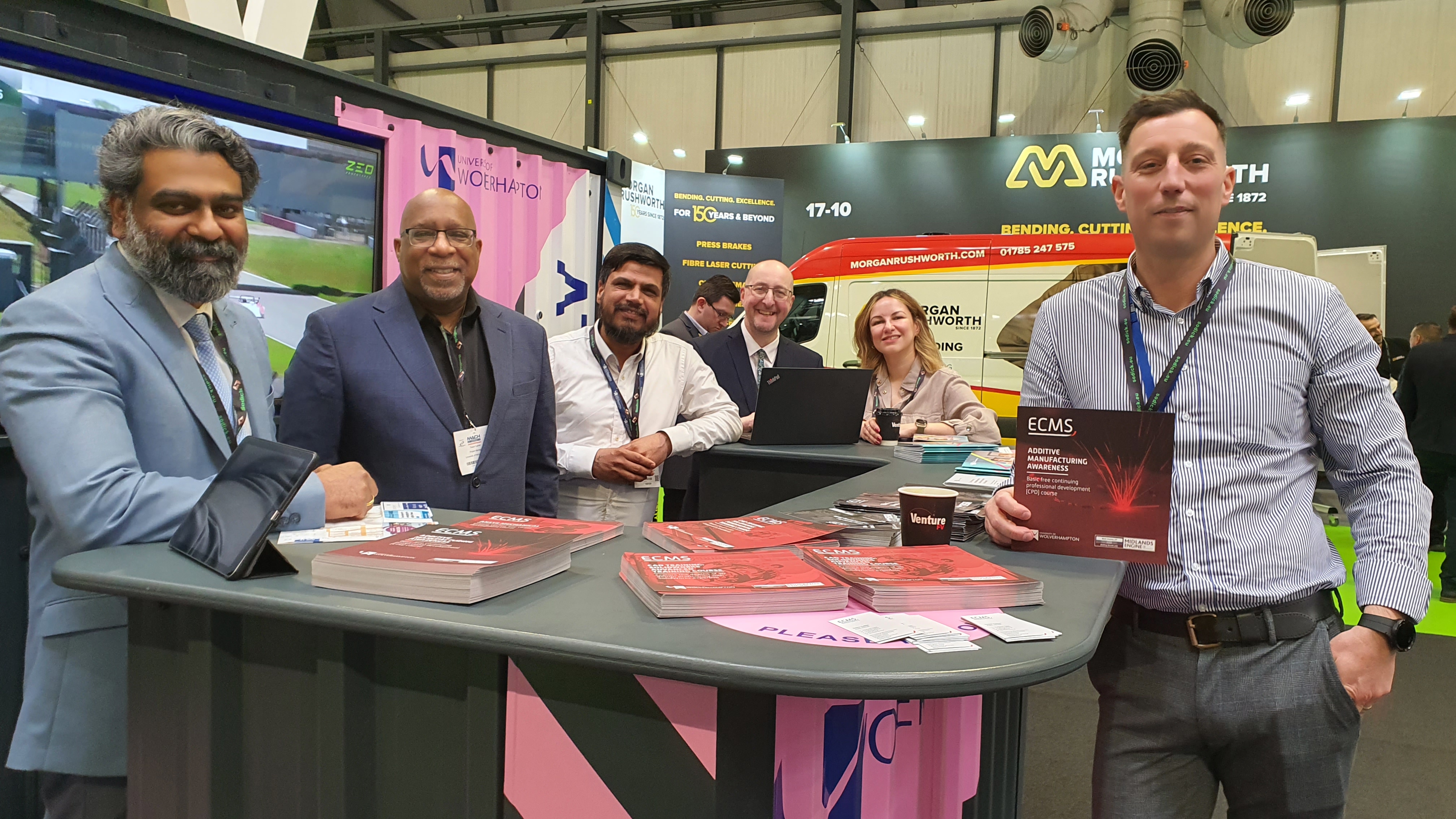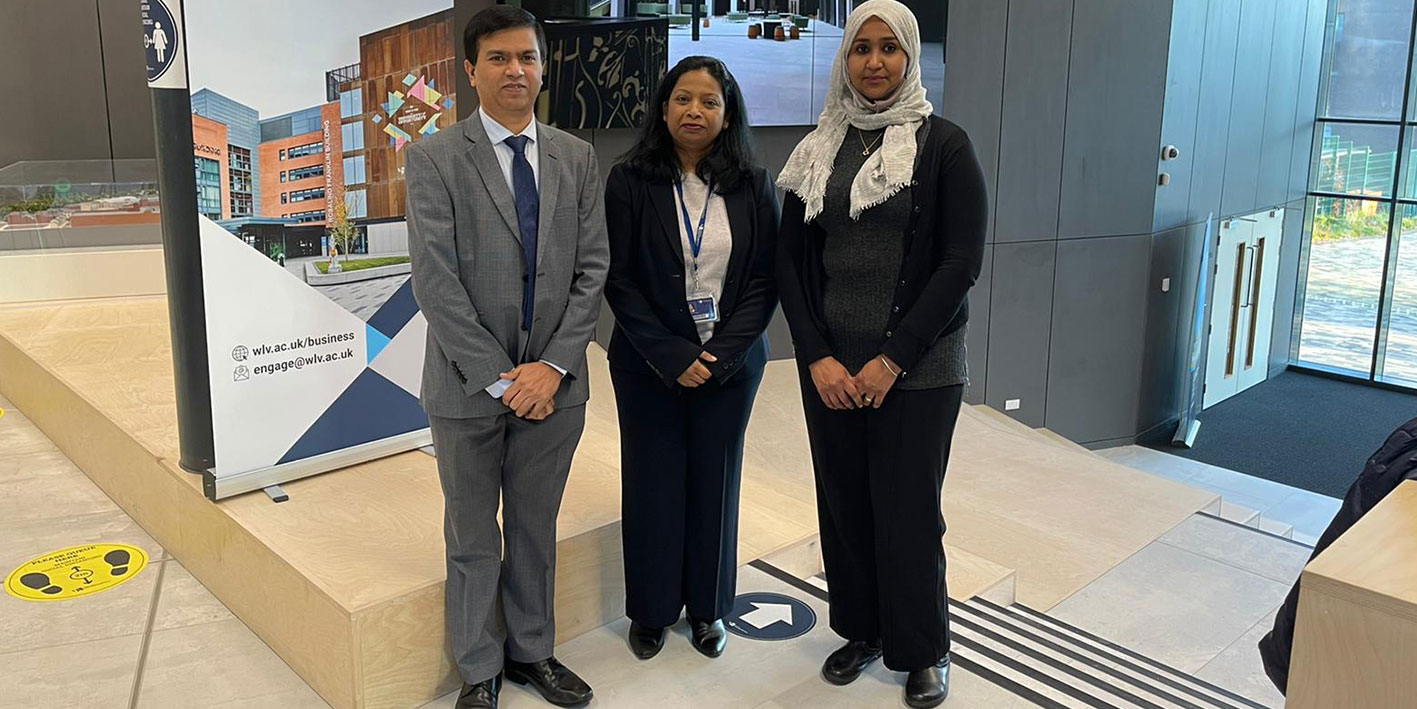
INTELLIGENT, GOOD LOOKING AND SMART. MEET THE BUILDINGS OF THE FUTURE
Our latest stakeholder magazine, Dialogue, is out NOW and here is one of our articles featured in the Spring 2016 edition.
Read more here: http://www.wlv.ac.uk/about-us/news-and-events/wlvdialogue/
INTELLIGENT, GOOD LOOKING AND SMART. MEET THE BUILDINGS OF THE FUTURE.
Smart technology is already making an impact in our homes, with apps to control heating and smoke and carbon monoxide alarms sent directly to your phone. But what’s around the corner? As buildings become more ‘intelligent’, we’re going to see our homes and offices communicating with us more.
Claire Tallentire looks into these developments.
If you’ve seen the film Ex Machina (2015) about an eccentric software billionaire and his futuristic home with facial recognition for entry and the ability to lockdown rooms, there’s a real sense that the building is in control and almost alive. Whilst the movie is firmly in the sci-fi genre, it’s not so far from the truth. Huge developments are on the horizon for our homes, offices, towns, cities, as buildings start to pass us data and we rely on them for control.

“In less than 10 years’ time, we’ll see extensive amounts of smart technology within our buildings,” says David Heesom, Reader in Building Information Modelling (BIM), Faculty of Science and Engineering. “The intelligence within the home and workplace will be scary for some people.
“There’s a big revolution within the built environment as it becomes more digital. For the construction process, instead of doing drawings and plans, we now produce intelligent 3D models which can help us better manage buildings as we can look at the technology that’s needed in them for efficiency. With many of these initiatives we are up there with the world leaders; the Government Construction Strategy 2025 states a move towards smart buildings – intelligent, sensor driven buildings, smart construction and digital design and sensors built within objects that constantly monitor performance.”
So what technology will we start to see in our buildings? The concept of smart technology isn’t new, Bill Gates was championing it in the 90s, but what’s coming is on a greater scale and is focused on us managing buildings better but also using the buildings to help manage us better.
“There are apps already out there like Hive from British Gas which lets you control your heating and hot water from your smartphone, tablet or laptop, through to Nest – a learning thermostat which gets to know your movements, when you’re usually home in the evening and what temperature you like. This type of technology is already starting to make decisions on our behalf,” explains Heesom.
“What we see in F1 racing with telemetry data to record performance of the car and potential adjustments needed, we’ll see in intelligent buildings. We’re looking at buildings peppered with sensors – if the heating’s broken, it should notify us that there’s a problem with the boiler. It’ll also know to power down offices and places of work when staff have gone for Christmas leave, as an example – it’ll save companies a fortune.”
Smart technology could be utilised throughout universities to pass essential data to students and to help them manage their lesson timetabling and deadlines.
“It has exciting potential,” says Heesom. “The buildings will be alive and passing us data. We’re starting to see it in US shopping malls – as you walk by a store, it knows that you bought something online from them two weeks ago and could ask ‘how are those jeans?, ‘do you want an extra 10% off today?’
“In a university context, the future of the sector is looking towards buildings that recognise students and staff as they enter. Their phones will be sending them push messages as they know they’re in the building – ‘you’ve got 5 minutes to get to your lecture in building X but you’re in building Y – you’d better get moving!’ It’ll also be used to remind students of assignments due and other key information.”
There are pitfalls to relying too much on smart technology – as we saw with Ex Machina (no spoilers!). If you’re relying on a constant connection and your app stops working so you can’t control your heating in your home, this will be an issue. On a wider scale, organisations could be crippled if their networks go down and the buildings don’t ‘work’. There are security issues too, in terms of hacking and terrorism; imagine a high security prison which is hacked and all the doors open, or someone cutting power at a hospital.
“The cost is dropping on this technology so we’ll be seeing it used more and more,” adds Heesom. “This will become the norm, and our buildings of the future will be very different indeed.”
For more information please contact the Corporate Communications Team.


/prod01/wlvacuk/media/departments/digital-content-and-communications/images-2024/240328-Varsity-Line-Up-Resized.jpg)
/prod01/wlvacuk/media/departments/digital-content-and-communications/images-18-19/220325-Engineers_teach_thumbail.jpg)
/prod01/wlvacuk/media/departments/digital-content-and-communications/images-2024/240423-Additive-Research-Centre-Launched.jpg)
/prod01/wlvacuk/media/departments/digital-content-and-communications/images-2024/240320-Uzbekistan-Resized.jpg)
/prod01/wlvacuk/media/departments/digital-content-and-communications/images-2024/240229-The-Link-Resized.jpg)
/prod01/wlvacuk/media/departments/digital-content-and-communications/images-2024/240423-Arts-Connect-Resized.jpg)

